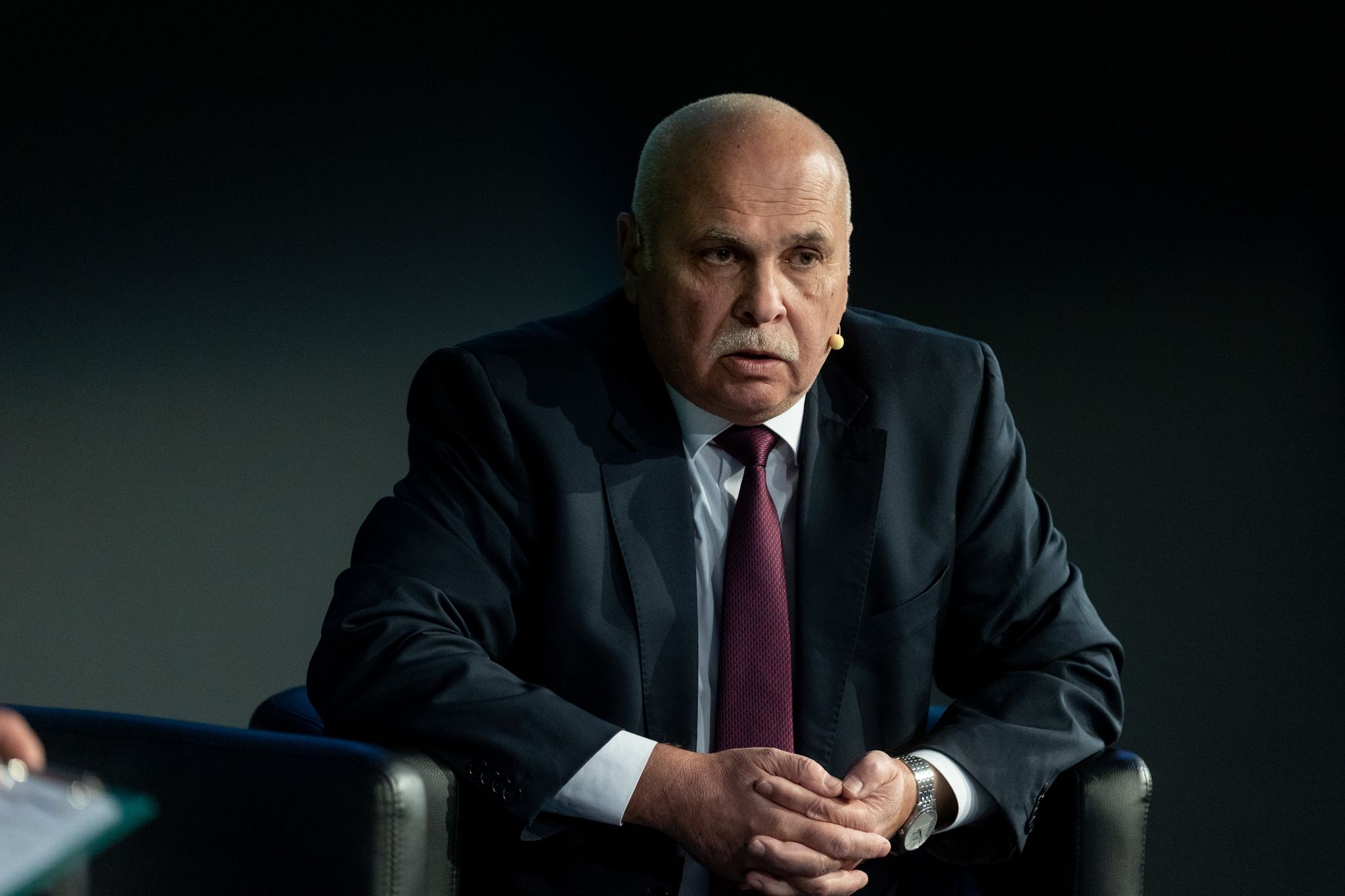The Sixth Banking and Finance Forum "The Future of Money", organized by "Manager" magazine with the institutional support of BIA was held in Sofia
The introduction of the euro will definitely not lead to an increase in inflation and in fact will even stimulate the increase in the incomes of the population. This was emphasized by the participants in the third panel of the 6th Banking and Finance Forum "The Future of Money", organized by "Manager" magazine with the institutional support of the Bulgarian Industrial Association (BIA).
"The Bulgarian Industrial Association has been active on the topic of the introduction of the euro for the last 10 years. In 2014 we introduced this topic in the social dialogue with the trade unions. They have been our partner on this topic since 2017, while in Croatia the trade unions were among the opponents of the euro introduction process," Dimitar Brankov, advisor to the President of the Bulgarian Industrial Association (BIA), told the participants in the forum.
Brankov recalled that according to a Eurobarometer survey 46 percent of Bulgarians are against the euro and 40 percent are in favour. Businesses, however, show much stronger support.
"Because of this, we need to get ahead of work on the next convergence report. The banking sector is in a better position than other sectors of the economy. However, we are worried about the preparation of small businesses and municipalities because we lack the necessary software for this," he added.
"The topic of Bulgaria's accession to the euro area has been topical for the Economic and Social Council since 2017, when the first actions for the introduction of the single European currency started in Bulgaria. Last year we made an analysis of how joining the euro area will affect businesses and citizens in Bulgaria. The categorical opinion of the business and trade unions is that Bulgaria's entry would raise the income of the population and would not lead to an increase in inflation", said the President of the Economic and Social Council Zornitsa Rusinova.
Practically outside the public discourse, the BNB, the government and the parliament, the Economic and Social Council is the only independent body that came up with an analysis of the adoption of the euro in the Baltic countries and Croatia, Zornitsa Rusinova recalled.
Branko Roglic, owner of Orbiko Group, also shared his expert opinion on Croatia's experience after joining the euro area. "When we have the euro, we have inflation in the euro. That means we are protected. Without the euro we would have more inflation in Croatia. This will happen with Bulgaria - it will be protected in the eurozone," he said.
Roglic is adamant that the adoption of the euro has not changed the business environment in the country and if there are any differences, they are only in a positive direction. His advice to his Bulgarian counterparts on how to prepare for the adoption of the euro, he said the most important thing is to follow the rules. "A long time ago we had rules about what to do and how to act if we joined the eurozone. That was very easy. There are no risks. My advice is to follow the rules," he added.









